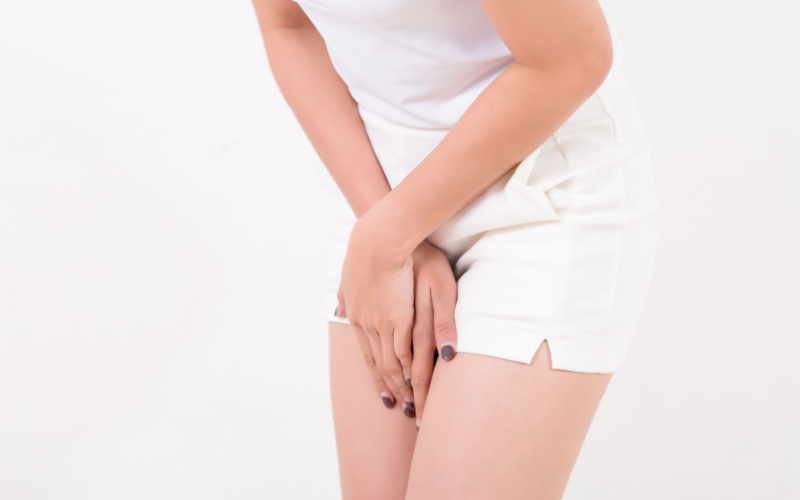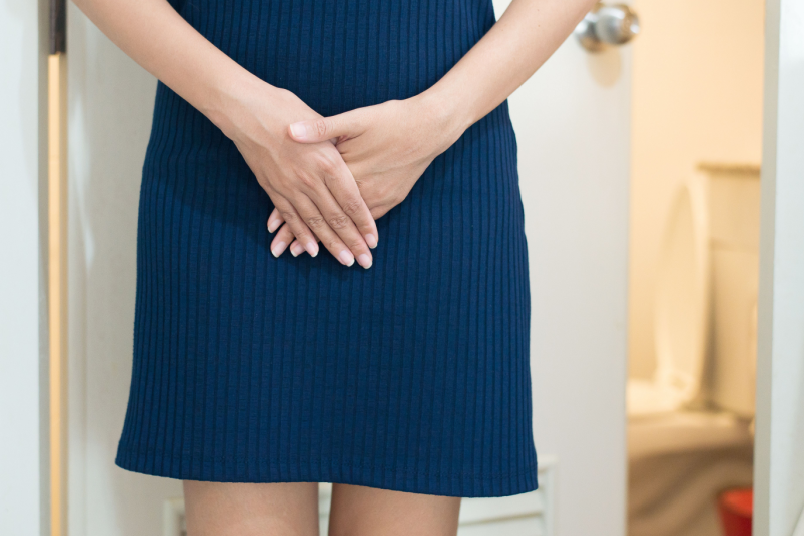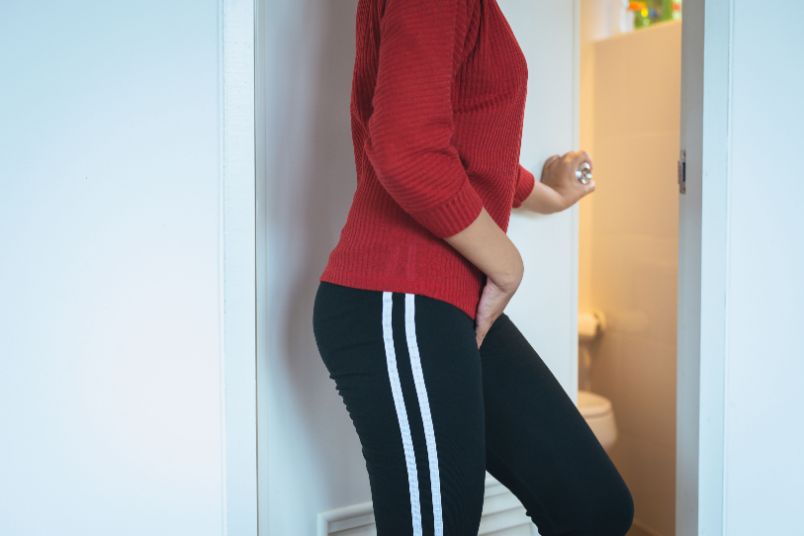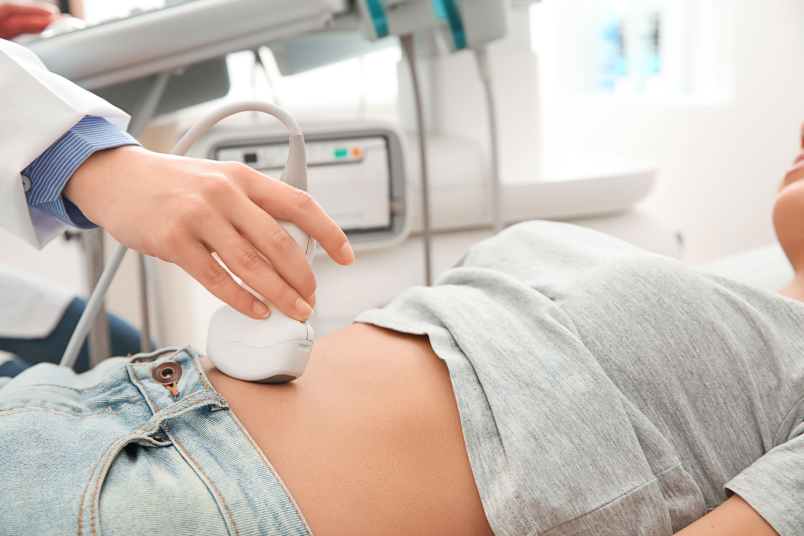Urinary incontinence is the leakage of urine due to loss of bladder control. The severity of the condition may range from occasional urine leakage while coughing or sneezing to having such a sudden, strong urge to urinate that you don’t even get time to access the toilet on time.
It affects both males and females; though it is more pronounced in women. This condition is commonly seen in older people, although it is not an inevitable consequence of aging. This needs to be discussed as it can become a social stigma among women.
Stress incontinence
Stress incontinence is the most common type of urine incontinence. It happens when there is sudden increase in abdomen pressure during laughing, sneezing or coughing. Engaging in physical activities such as lifting a heavy object, jumping, and running can also cause urine to leak out. Its commonly seen in women after child birth in their 4th or 5th decade (post Menopausal period)
Stress incontinence versus urge incontinence
Stress urinary incontinence (SUI) is different from an urge incontinence. During SUI as mentioned earlier, there is urine leakage due to sudden increase in bladder pressure while in urge incontinence, there is a sudden, uncontrollable urge to pass urine. Another major difference lies in the anatomical aspect. While SUI is a urethral problem, Urgency is due to a bladder problem. Urge incontinence is commonly due to overactive bladder (OAB).
Majority of the people suffering from SUI also have urge incontinence. Existence of both the conditions together is called “Mixed incontinence.
Causes of Stress urinary incontinence
Any activity that puts pressure on the bladder, particularly when it is full, can cause inadvertent loss of urine. Following are some acts that may exacerbate urine leakage:
- Coughing or sneezing, Laughing
- Bending over or Lifting heavy objects
- Doing exercise or walking upstairs
Risk factors for stress incontinence in females
In females, the pelvic floor muscles and urinary sphincter may lose strength after childbirth. This can happen because of tissue or nerve damage during delivery of a child. As a result, a woman may experience stress incontinence soon after delivery or a few years later.
Weakened pelvic and sphincter muscles may be caused due to:
- Injury to the urethra region
- Difficult childbirth like prolonged labor and forceps delivery etc
- Surgery in the pelvic area
- Excessive body weight -obesity
- Connective tissue disorders
- Chronic cough
- Long standing constipation and prolonged straining
- Prolonged history of strenuous physical activity like lifting heavy weights
- Postmenopausal hormone deficiency due to age
Diagnosis of stress incontinence
The below mentioned tests can help ascertain if a woman has urinary stress incontinence:
- Proper pelvic and vaginal examination: To look for any pelvic organ prolapse or any age related atrophic changes in vagina. This will also help us to assess the amount of stress urinary leak.
- Urinary pad test: This test involves wearing an absorbent pad for 24 hours at home. After the said time, the weight of the pad is measured to determine the volume of urine leaked.
- Ultrasound: An ultrasound of the pelvic or abdominal region helps assess the health of the bladder, kidneys, and other organs. It will also check for any residual urine after voiding.
- Micturating cystography may be done where a dye is injected into the bladder and x rays are taken to rule out any anatomical causes for stress leakage.
- Urodynamic testing: It's usually done in complex cases of leakage. With the help of this test, one can gauge how well the urinary bladder holds and releases urine. This test can also help us in deciding which patient will benefit from the surgery.
Treatments for women with stress incontinence
There are several treatments available to control stress incontinence in women. Some of these include:
- Patient education and conservative management
How Women are educated for Stress incontinence management
- Practicing pelvic floor muscle training in the form of Kegel exercises that help in keeping the muscles around the urethra strong and in good, working condition. This prevents urine from leaking.
- Vaginal estrogen creams, gels, rings, or patches work by strengthening the vaginal muscles and tissues, especially after menopause.
- Urethral injections that temporarily bulk up the urethral muscles, resulting in a narrow passage thereby reducing the leakage.
- Vaginal pessary devices that can be inserted to support the bladder and urethra in elderly individuals who are not fit for surgical correction.
- Surgery for Stress Urinary Incontinence: Surgical placement of a sling made of one’s own tissue, donor tissue, or surgical mesh under the urethra for support - Tension free Vaginal tape (TOT and TVT), Autologous fascial slings, Cystocele (bladder prolapse) repair, Rectocele (Rectum prolapse) repair if associated prolapse.
Preventive measures against stress incontinence
While urinary stress incontinence isn’t always preventable, there are ways to reduce its occurrence such as given below:
- Maintain a healthy body weight
- Practice pelvic floor exercises
- Consume more fibrous food to prevent constipation
- Avoid bladder irritants such as caffeine, alcohol, and acidic foods
- Quit smoking
- Tailor fluid intake as per need and avoid unnecessary consumption of more fluids
- Follow timed voiding once in 3-4 hours and keep the bladder empty mostly.
NU hospitals offer the latest in kidney care and urology for the people of Bangalore and rest of India. With hi-tech equipment in place, the team of dedicated doctors here go out of their way to help the needy people. So, instead of feeling shy and embarrassed about this problem, consult the experts at NU hospitals who can offer you sound advice.
References:
- Stress incontinence. Cleveland Clinic. https://my.clevelandclinic.org/health/diseases/22262-stress-incontinence. Accessed on 26 September 2023.
- Stress incontinence. Mayo Clinic. https://www.mayoclinic.org/diseases-conditions/stress-incontinence/symptoms-causes/syc-20355727#:~:text=Urinary%20incontinence%20is%20the%20unintentional,causing%20you%20to%20leak%20urine. Accessed on 26 September 2023.
Author : Dr. Vinod Kumar P





